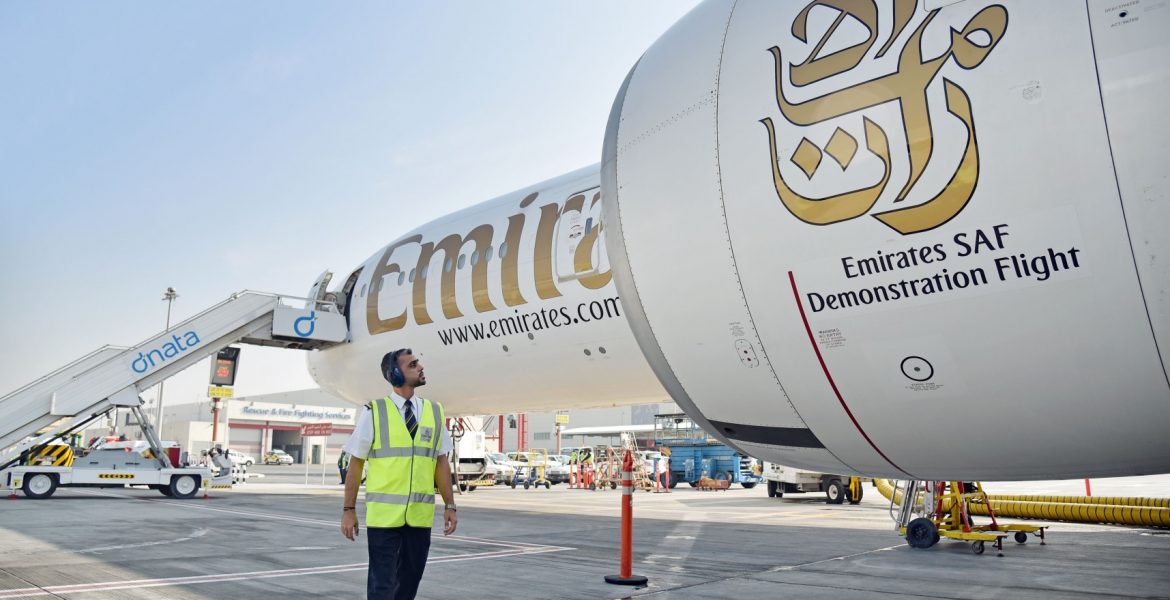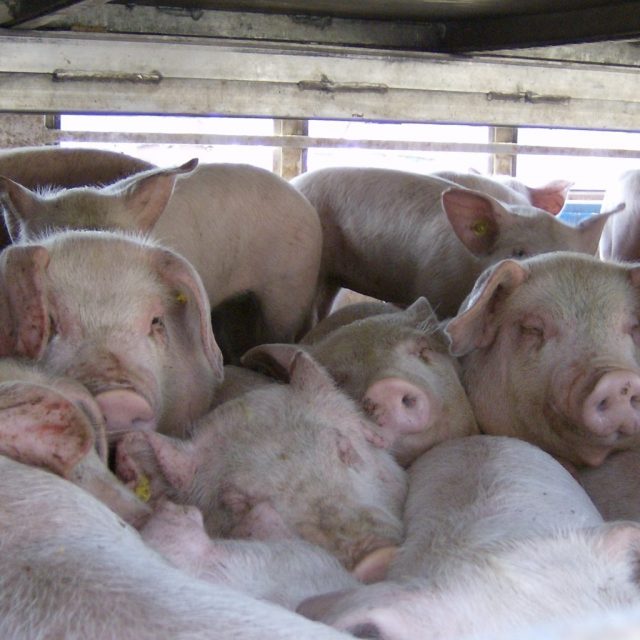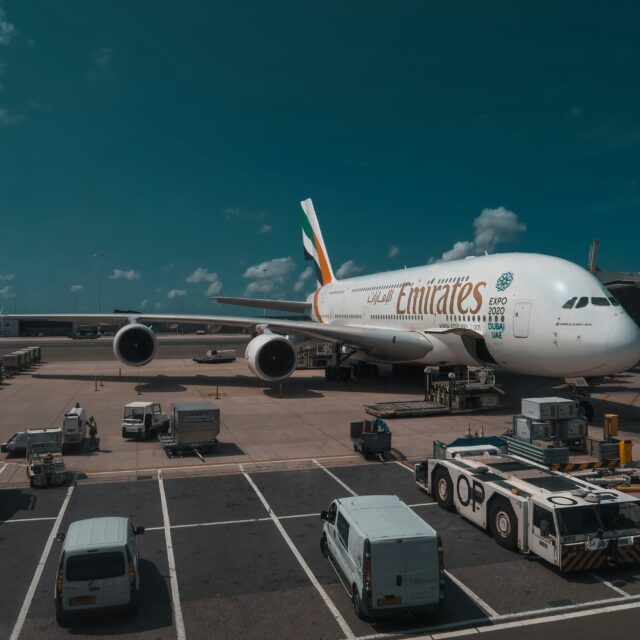The airline industry says it is “flying the flag” to help minimise CO2 emissions and reach net zero emissions by 2050.
The sector has already made “great strides” in fuel efficiency and conservation.
One such initiative is the use of Sustainable Aviation Fuel (SAF) which is approved for use in all aircraft but only in blends of up to 50% with conventional jet fuel.
Some major players in the industry, including Emirates, GE Aerospace, Boeing, Honeywell, Neste and Virent, have worked closely together to procure and develop a blend of SAF that closely replicates the properties of conventional jet fuel.
Now, in what has been heralded a breakthrough “milestone”, Emirates has operated its first demonstration flight on a Boeing 777-300ER, powering one of its engines with 100% Sustainable Aviation Fuel.
The flight recently took off from Dubai International Airport, flying for more than one hour over the Dubai coastline.
The demonstration flight powered by SAF holds particular significance as the UAE has declared 2023 the ‘Year of Sustainability’.
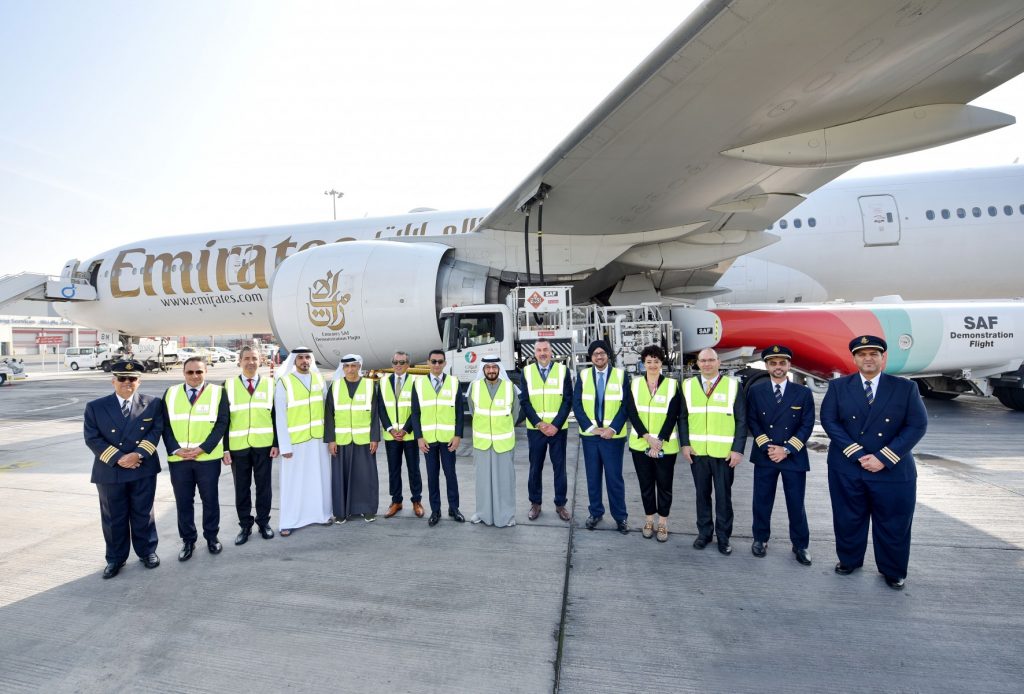
The year aims to showcase the UAE’s commitment to seek innovative solutions to challenges such as energy, climate change and other issues related to sustainability.
It is claimed that the flight supports collective industry efforts to enable a future of 100% SAF flying and help advance the UAE’s sustainability objectives.
The demonstration flight, the first in the Middle East and North Africa to be powered by 100% SAF, supports broader efforts to reduce lifecycle CO2 emissions as the industry looks to scale up its use of SAF. The flights will also help to refine the playbook for future SAF demonstrations and support future certification where 100% drop-in SAF fuel is approved for aircraft.
The test flight, it is said, further demonstrates the compatibility of the specially blended SAF as a safe and reliable fuel source. The promising outcome of the initiative also adds to the body of industry data and research around SAF blends in higher proportions, paving the way for standardization and future approval of 100% drop-in SAF as a replacement for jet fuel, well above the current 50% blend limit.
Commenting, Adel Al Redha, Emirates’ Chief Operating Officer, said: “This flight is a milestone moment for Emirates and a positive step for our industry as we work collectively to address one of our biggest challenges – reducing our carbon footprint.”
“It has been a long journey to finally see this demonstration 100% SAF flight take off. Emirates is the first passenger airline in the world to operate a Boeing 777 powering a GE engine with 100% SAF. Such initiatives are critical contributors to industry knowledge on SAF, and provide data to demonstrate the use of higher blends of SAF for future regulatory approvals.”
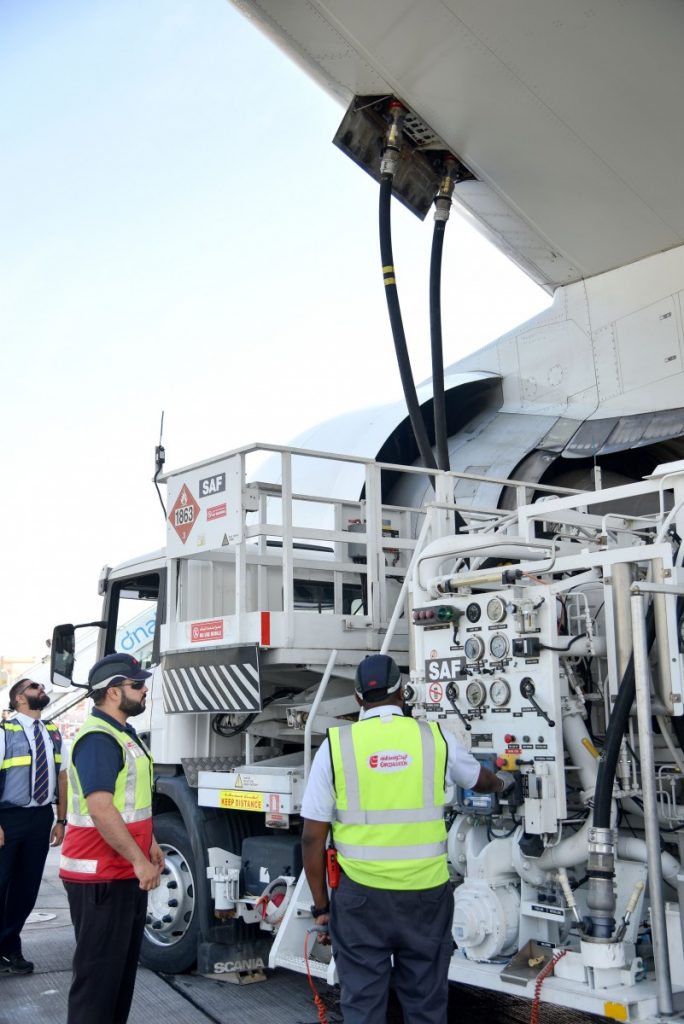
“We hope that landmark demonstrations flights like this one, will help open the door to scale up the SAF supply chain and make it more available and accessible across geographies, and most importantly, affordable for broader industry adoption in the future.”
Further reaction came from Aziz Koleilat, Vice President of Global Sales and Marketing for the Middle East, Eastern Europe, and Turkey at GE Aerospace, who said, “GE Aerospace congratulates Emirates on this major achievement.”
“SAF is critical to helping the aviation industry reach its goal to be net zero by 2050 and collaborations like this to test 100% SAF globally will help bring us closer to this target.All GE Aerospace engines can operate on approved SAF blends today and we are helping support the approval and adoption of 100% SAF.”

